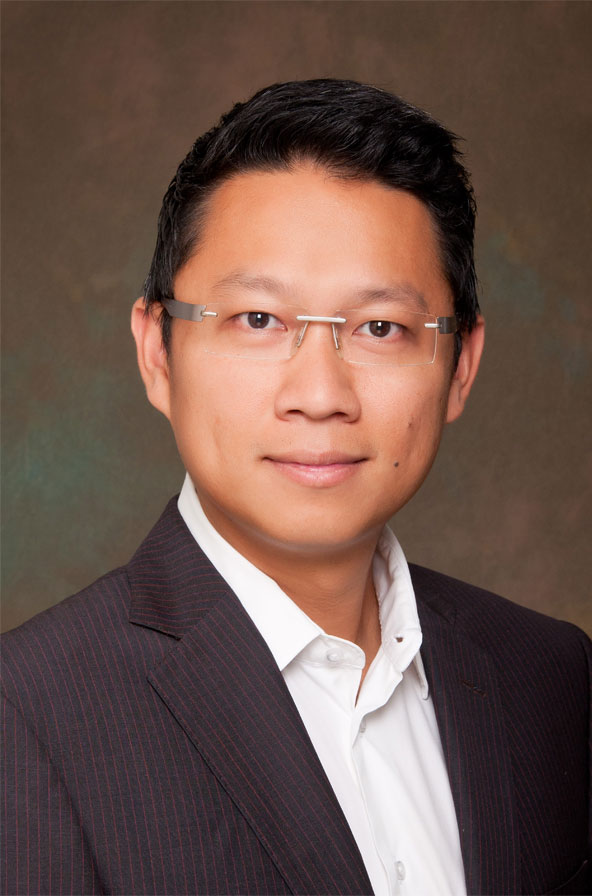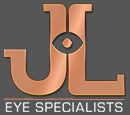Is There a Cure for Childhood Myopia?

Have you ever noticed your child squinting while trying to read a sign or watching TV from a distance? Do they complain of headaches or eye strain after spending time on electronic devices? If so, your child may be experiencing childhood myopia, a condition where the eye has trouble focusing on distant objects.
Myopia is quickly becoming a global epidemic, with Singapore earning the dubious title of “Myopia Capital of the World” due to the high incidence of the condition in children. Shockingly, at least 65 percent of children in Singapore develop myopia by the time they reach Primary 6, and experts predict that by 2050, a staggering 80 to 90 percent of all Singaporean adults will be affected. These statistics are particularly alarming considering that the condition affects one in four 7-year-olds and half those aged 12. It’s clear that childhood myopia is a growing health concern, and it’s more important than ever to understand the causes and treatment options available to help our children maintain healthy eyesight.
Are you tired of feeling helpless regarding your child’s myopia? Is there a myopia cure out there that you don’t know about? In this blog, we’ll dive into myopia treatment and explore the various options available to parents.
Book a consultation with Dr Jimmy Lim today.
What is Childhood Myopia?
Childhood myopia, called nearsightedness, is a common eye condition affecting many children worldwide. It occurs when the eye is too long, or the cornea is too curved, causing light to focus in front of the retina instead of directly on it. This results in blurry distance vision, making it difficult for children to see objects in the distance, such as classroom blackboards.
Myopia has many causes, including genetics. Recently, however, there has been a staggering increase in myopia cases due to the pandemic. In addition, with lockdowns and remote learning becoming the norm, kids have been spending more time than ever indoors and glued to their gadgets. This sedentary lifestyle may contribute to the increasing incidence of myopia in children.
But why is too much screen time a problem for eyesight? Spending extended periods focusing on near objects, like screens or books, can cause the eyes to elongate and become more nearsighted.
Read: 7 Important Facts Parents Need to Know About Childhood Myopia
Is There A Myopia Cure?
Unfortunately, there is no known cure for myopia, including childhood myopia. However, various treatment options can help manage the condition and prevent it from worsening.
1. Glasses or contact lenses
A myopia correction lens is the most common treatment for myopia in children. Glasses or contact lenses work by bending the light that enters the eye and redirecting it onto the retina, providing clear vision. Glasses are the simplest and most common way to correct myopia. They consist of lenses designed to compensate for the eye’s refractive error. They are available in various styles and materials, including plastic, polycarbonate, and high-index lenses.
2. Atropine drops
Atropine drops are a safe, effective, and cost-effective treatment option for childhood myopia with several benefits. They can help control myopia progression, are easy to use, have a low risk of side effects, are cost-effective, and can be combined with other treatments.
3. Exposure to sun and outdoor play
While there is no cure for childhood myopia, studies have shown that spending time outdoors and being exposed to natural sunlight can slow down its progression.
Research suggests that the bright light and increased physical activity that come with outdoor play can stimulate the release of dopamine, a neurotransmitter that helps prevent the elongation of the eyeball, which is a leading cause of myopia.
So, encouraging your child to spend more time playing outside, may be beneficial in managing their myopia and promoting healthy eye development.
Read: Myopia Control: Caring for Your Child’s Eyes
Why is Myopia Better Managed in Children Than Adults?
Myopia progresses rapidly during childhood, particularly between 6 and 17, emphasising the need for early detection and intervention. Children with myopia have access to various treatments that can slow its progression and minimise the risk of complications such as retinal detachment, glaucoma, and cataracts. Unlike adults, children are more adaptable and compliant with vision correction, which means they can better comply with treatment plans and follow-up appointments.
Additionally, children can benefit from myopia management programs that include treatments and lifestyle changes. By managing myopia in childhood, we can significantly reduce the risk of developing high myopia and prevent severe vision problems later in life. In the long run, investing in early detection and management of myopia is cost-effective and reduces the economic burden on families and healthcare systems.
Seeing Clearly: Navigating Treatment Options for Childhood Myopia
In a nutshell, while there may not be a cure for childhood myopia, there are several effective treatment options available that can significantly improve a child’s vision and quality of life. Whether it’s outdoor exposure to sunlight, glasses, contact lenses, and atropine drops, the key is to work with an eye doctor to determine the treatment option for your child’s specific needs.
Regular eye exams and early intervention can also help manage myopia’s progression and prevent potential vision problems in the future. Parents can help their children maintain healthy vision and enjoy a bright future by staying informed and taking the necessary steps to manage myopia.
Please schedule a consultation with us today to learn more about childhood myopia. Our medical director, Dr Jimmy Lim at JL Eye Specialists, will help tailor your treatment plan.
Related Posts:
Relevant Services:
Relevant Services:
Our Doctor

DR. JIMMY LIM
Gleneagles Medical Centre
6 Napier Road #07-10,
Singapore 258499
Phone: +65 6258 8966
Fax: +65 6258 8766


